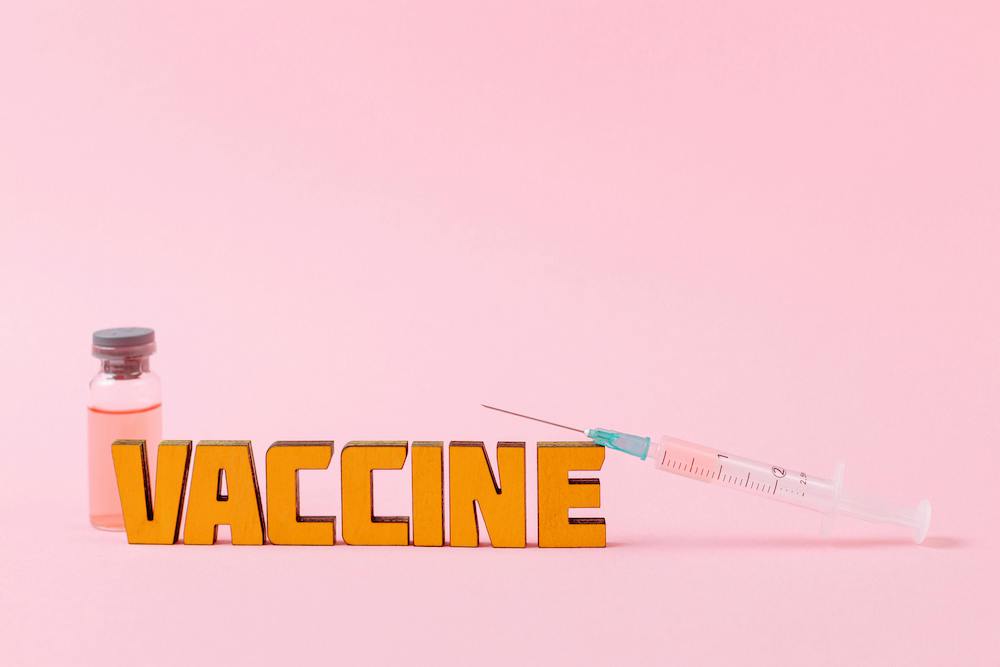Medical Concerns
15 Jul Reducing the Risks of Newborn GBS Disease
Mothers who test positive for GBS and receive antibiotics during labor have a 1 in 4000 chance of a baby with GBS disease. Mothers who test positive for GBS and don’t receive antibiotics during labor have a 1 in 200 chance of a baby with GBS disease.²
July is Group B Strep (GBS) Awareness month; a good time to shed a little light on what it is and how to reduce the risk of GBS affecting your newborn.04 Mar How Smoking Affects Your Baby
Smoking during pregnancy increases the risk of miscarriage, stillbirth, birth defects, and SIDS (Sudden Infant Death Syndrome).¹ Cigarette smoking is one of the hardest habits to quit. Many smokers who successfully kick the habit lament that quitting smoking is like saying goodbye to an old friend. It takes a lot of personal strength and willpower to quit, as well as the right support system. If you’re smoking and pregnant, we hope there’s information here that will give you the conviction to quit.20 Feb What Not to Eat or Drink During Pregnancy
What Foods and Beverages Should You Avoid During Pregnancy?
It might be a little unnerving to know that your unborn baby can be affected by a food borne illness when you don’t become sick or show symptoms of infection. Tragically, some food borne illnesses can cause devastating and permanent effects to a baby, like neurological damage and developmental delays. Sometimes the damage from an infection is obvious at birth; sometimes it takes years to become apparent.18 Jan Reducing Risk of the Top 5 Birth Defects
Posted at 15:33h
in Baby, Birth Defects, Health, Medical Concerns, Medical Concerns, Medical Concerns, Pregnancy
3% of infants in the U.S. are born with birth defects.¹
If you’re thinking about becoming pregnant or just found out that you’re pregnant, you may also be thinking about birth defects. January is Birth Defects Awareness Month so it’s a good time to discuss the basics and learn how they occur. Knowing the risk factors can help reduce your baby’s risk of developing a birth defect in the womb.
30 Nov HIV: Mother to Baby Transmission during Pregnancy and After Birth
Mother-to-baby HIV transmission disproportionally affects black/African American people. In 2019, 61% of new mother-to-baby HIV diagnoses were black/African American.²What is Mother-to-Baby HIV Transmission?
Hey Mama! December 1 is World Aids Day and a time to bring awareness to HIV transmission from mother to baby. There is so much to plan and prepare for when you are thinking about becoming pregnant for the first time or growing your family. No matter your circumstances, it’s always best practice to get tested for HIV (and other sexually transmitted infections) before you conceive.01 Nov Newborns and Reflux
40-65% of healthy infants regurgitate after feeding (reflux) and this usually goes away around 6-12 months.¹Is Reflux Normal in Babies?
Hey Mama! Did you know that when babies regurgitate or “spit up” that it’s normal? This is called reflux, or gastroesophageal reflux (GER), which affects 40-65% of healthy infants. You may notice that your baby’s reflux peaks around 1-4 months and usually resolves by 6-12 months.¹01 Nov Kangaroo Care for the Premature Infant
Skin-to-skin Kangaroo Care helps regulate your baby’s body temperature, breathing, heart rate, and blood sugar.²What is Kangaroo Care and How Will It Benefit My Baby?
November 17 is World Prematurity Day with the March of Dimes, an organization that educates families about premature infants and how to care for them. For more information on preterm labor, check out Mommyato. Kangaroo Care, also known as skin-to-skin, has been encouraged in mother/baby centers for decades and has the research to support its amazing benefits, especially for the little ones that are born too early.01 Nov Caring for a Premature Baby
What is a Premature Baby?
The normal length of a pregnancy is between 37- 42 weeks. Some pregnancies take longer to develop and others are shorter. When a baby is born before 37 weeks, however, she is considered "preterm", "preemie" or "premature". A baby born before 28 weeks is considered extremely premature.01 Nov Effects of Gestational Diabetes on a Developing Baby
Posted at 11:04h
in Baby, Birth Defects, Delivery, Gestational Diabetes, Health, Medical Concerns, Medical Concerns, Medical Concerns, Pregnancy
High blood sugar around the time of conception and throughout pregnancy increases risks of: birth defects, still birth, preterm birth, c-sections, and the baby developing obesity and diabetes later in life.¹
What is Gestational Diabetes?
November is American Diabetes Month and a great time to put a spotlight on diabetes during pregnancy, which is a rising trend in the United States. In the United States, gestational diabetes (diabetes developed during pregnancy) has increased by 56% from 2000-2010.¹- 1
- 2







